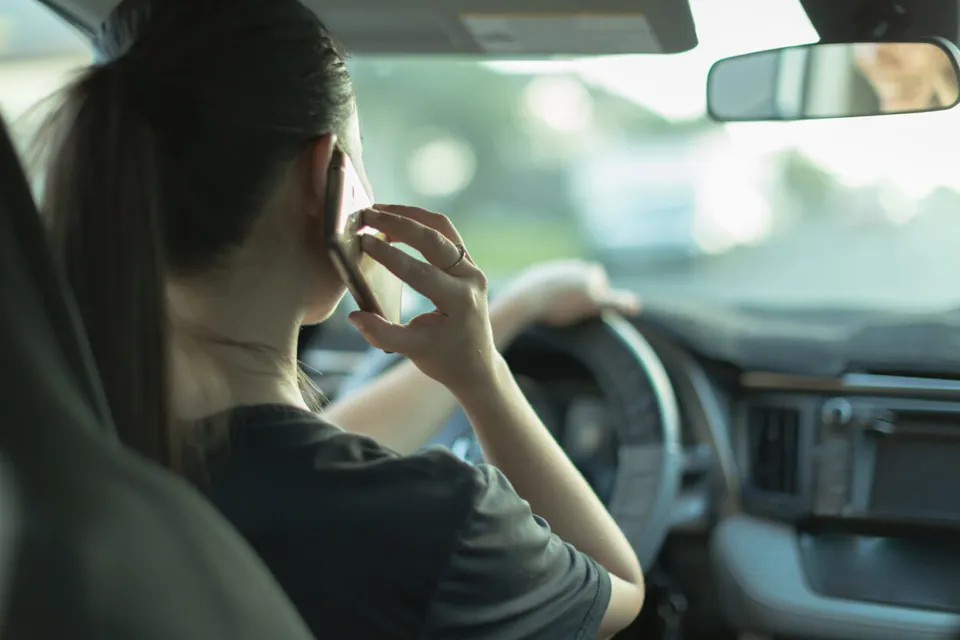The majority of UK adults (56%) say they would not purchase a driverless car and one in four (25%) believe that autonomous vehicles will not be safe, according to a new study from Churchill Car Insurance.
Malfunction is the biggest fear, with three in five (60%) of people fearing that the computer may be unreliable in their autonomous vehicle.
Over half (56%) fear the lack of human control over the vehicle and a third (32%) fear cyber security issues such as hacking. Only 8% of respondents had no fears about self-driving cars.
Two in five (42%) people believe that both carbon emissions and fuel consumption (41%) will decrease with the introduction of driverless cars.
Almost three in 10 (28%) believe that both commuting times and breakdowns (31%) will increase, with only 17% and 12%, respectively, believing there will be a decrease.
Steve Barrett, head of Churchill Car Insurance, said: “Driverless cars have a long way to go before they win people’s confidence.
“Education on issues such as safety standards, including computer ethics is needed, as well as a re-think on existing road rules and amendments to insurance regulation.
“It is still early days however, so a certain amount of scepticism around such a significant development is to be expected.
“It is also still too early to be able to assess the implications a fully driverless car will have on insurance.”
One in four (27%) UK adults would consider buying a self-driving car in the future.
The financial tipping point for the average person is £19,000, with a quarter of people (25%) willing to pay £30,000 or more for a self-driving car.
Of those willing to buy a driverless car, a third (32%) would do so because it would mean more free time whilst travelling and a quarter (24%) because they believe that everyone will have to purchase them in the future.
One in seven (13%) people would consider purchasing a driverless car because they do not like driving.


















Darren - 28/07/2014 11:15
So if I brought a driverless car, could I go to sleep in the back seat and let the car do the journey? Use a handheld mobile phone at the wheel (as pictured)? And all this would be legal as I wouldn't technically be the driver? Who would be responsible if the car was caught speeding in roadworks or where a speed limit had been lowered but the computers software hadn't been updated? Who would be responsible if the car went into the back of someone or ran over a pedestrian crossing the road? I think these and many more questions would need to be answered and the law made very clear before I could even answer the question would I buy one.